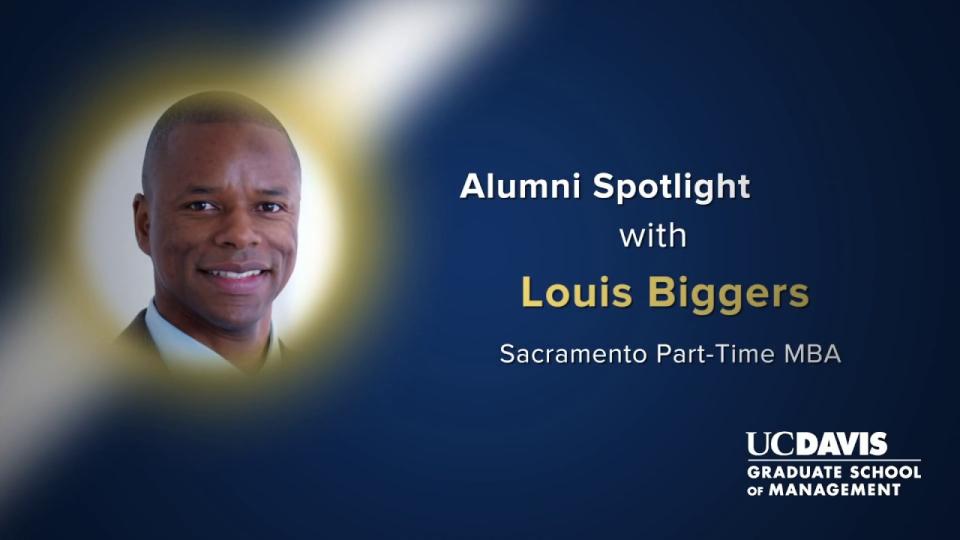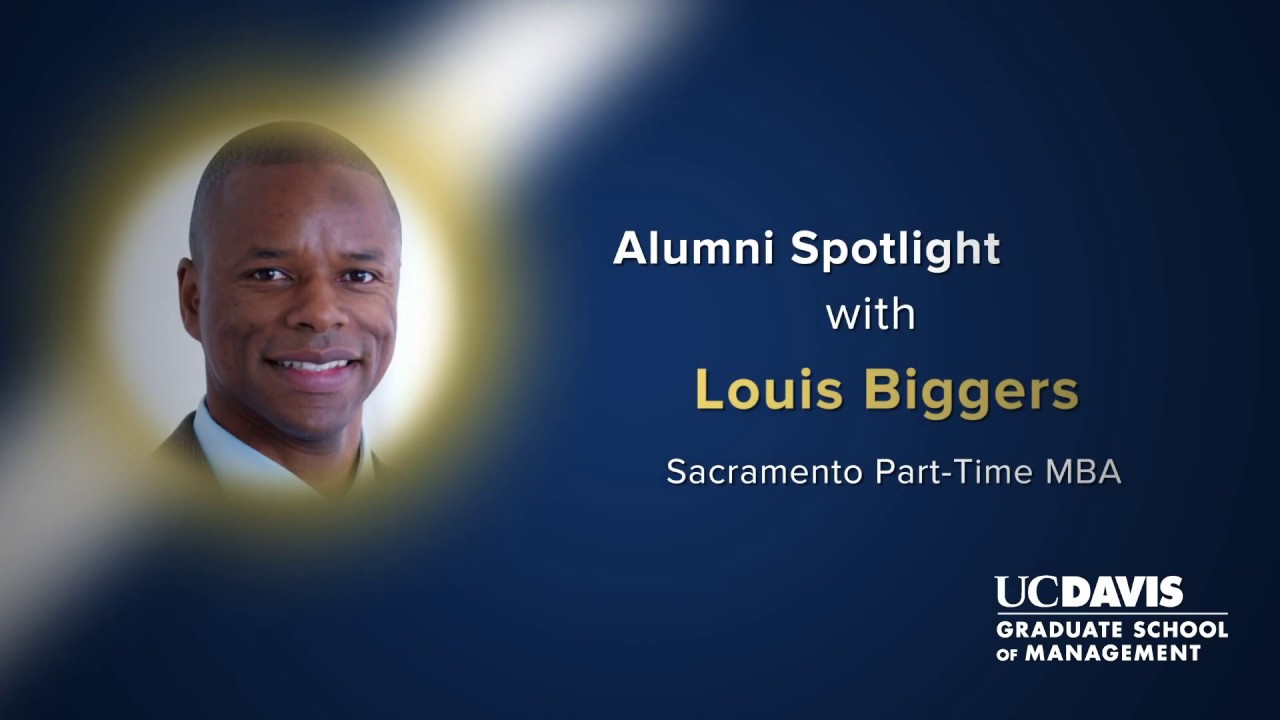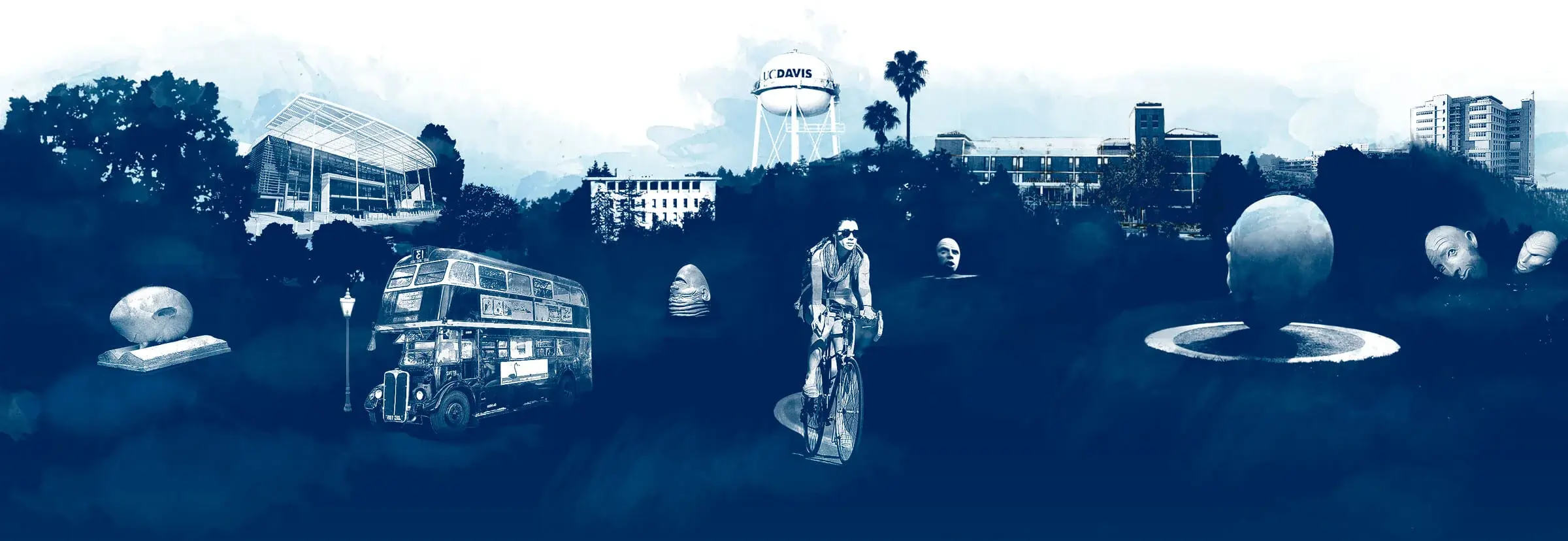Louis Biggers MBA 08
Intel Corporation
Louis Biggers MBA 08 reflects on industry challenges and collaborative solutions. As a senior application engineer at Intel Corp., UC Davis MBA alumnus Biggers is helping the chip giant move into a data-centric world. He's working on enabling sensor technology that drives autonomous vehicles, connected cities, drones and more.

How do you collaborate at work to make an impact?
[Louis Biggers]: The way in which I collaborate at work is really realizing that everything is related to business. Just working with our partners whether vendors or customers to make sure that we come up with the win-win solution for everybody.
What does being a collaborative leader mean to you?
One of the things that I learned through my program at the GSM is that really at the end of the day you get paid for only two things: solving a problem or adding some real value. So working with our customers my job as a leader is making sure that we are ultimately coming up with the solution that really ultimately solves the customer's problem.
What are the highlights of your career in the last few years?
As a technologist and marketing strategist for Intel Corporation it's really helping to lead the company in a way to move from a PC-centric world, into more of a data-centric world. So with that specifically, I'm responsible for enabling sensor technology that drives autonomous vehicles, connected cities, wearable devices, even that exist within drones.
What are the biggest challenges in your industry?
The challenge that we have is how you comb through all that data to tell you something useful or something that's actually at a business level.
So for me, what’s important is looking at some of the new technologies around artificial intelligence and things like that, that’s actually going to go through that data -- machine learning as well -- to go through that data and actually tell you something is really useful.
What professor had the biggest impact on you?
The one that stands out probably the most is Marc Lowe. The thing that I liked about his class is that he had a lot of real-world business experience, from running a start-up of his own, and I've also been able to, since I’ve graduated, to call him up from time to time whenever I've had questions about technology or particular things. He would give me his insight, as well.
Advice for future business school graduates?
Looking ahead to some of the future trends in technology, whether it's artificial intelligence, just understanding where the market is going, then also taking a step back and looking at what are some of the opportunities that are going to present themselves in those spaces. And then position themselves through networking and through collaboration with other people within those industries to actually look at ways in which they can use those technologies to solve real problems.


